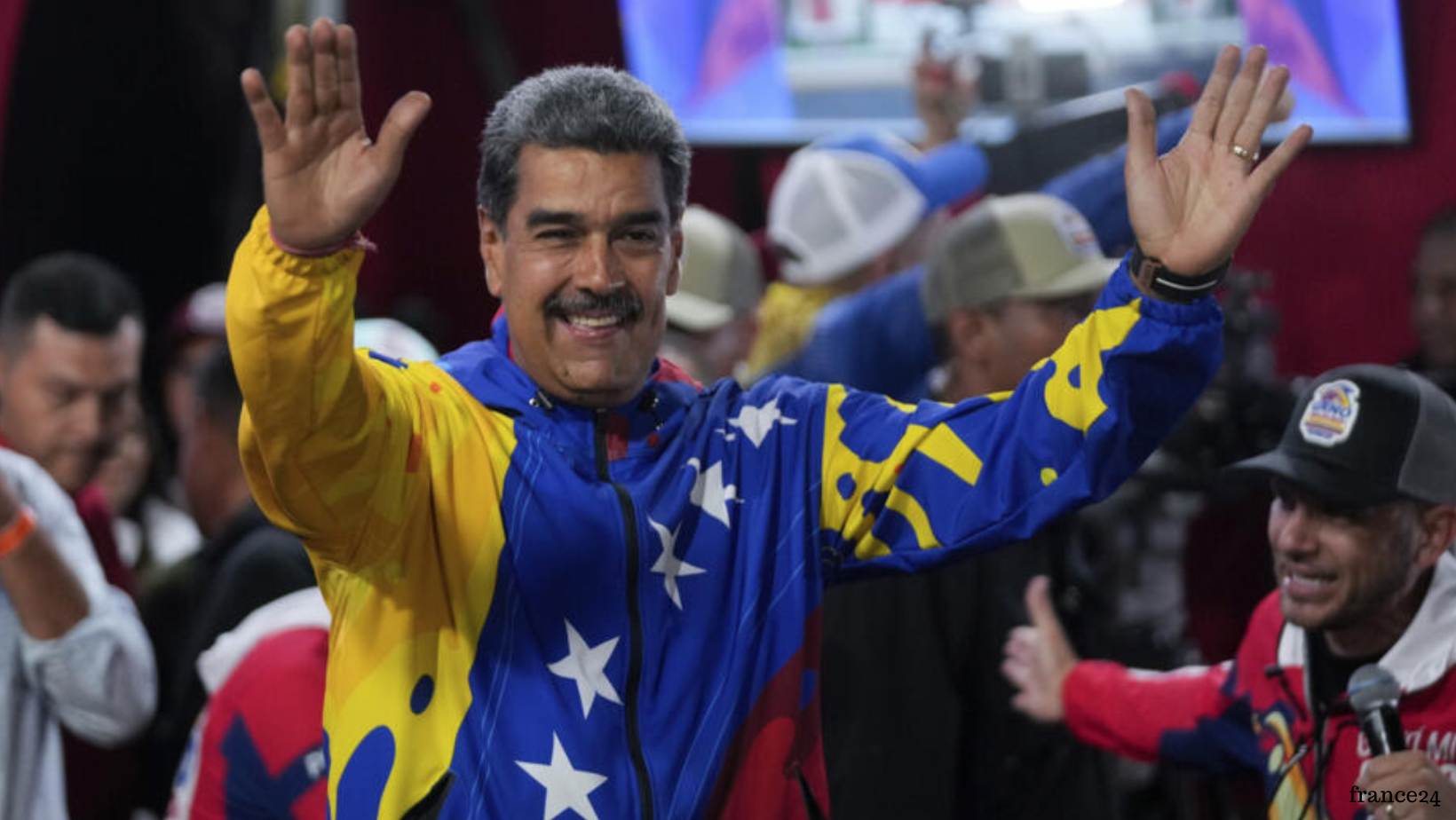Venezuela’s contentious presidential election has resulted in a stark divide, with incumbent President Nicolas Maduro declaring victory and the opposition claiming irregularities and demanding transparency. The announcement by the National Electoral Council (CNE) that Maduro had secured 51% of the vote against opposition candidate Edmundo Gonzalez’s 44% has been met with mixed reactions from world leaders, highlighting the global implications of Venezuela’s political future.
Opposition Challenges Results
The opposition, led by Maria Corina Machado, has rejected the CNE’s announcement, insisting that their own tallies show Gonzalez winning with a significant margin. They have accused the government of fraud and are demanding a full, transparent release of voting records from all polling stations.
The delay in announcing results, six hours after polls were supposed to close, has further fueled suspicions of irregularities. Opposition representatives claim that their witnesses were denied access to the CNE headquarters during the vote counting process, hampering their ability to verify the results.
International Reactions: Skepticism and Support
The international community has responded to the election outcome with a mix of skepticism and support, largely divided along geopolitical lines:
- The United States expressed “serious concerns” that the announced result does not reflect the will of the Venezuelan people, calling for a fair and transparent vote count.
- The European Union urged “full transparency in the electoral process” and respect for the will of the Venezuelan people.
- Several Latin American countries, including Peru, Chile, and Argentina, have questioned the legitimacy of the results and recalled their ambassadors to Venezuela for consultation.
- On the other hand, Russia and China congratulated Maduro on his re-election, pledging to strengthen their strategic partnerships with Venezuela.
- Cuba, Honduras, and Bolivia also expressed support for Maduro, hailing his victory as a triumph over “pro-imperialist” forces.
Venezuela’s Economic and Humanitarian Crisis
The election takes place against the backdrop of a severe economic and humanitarian crisis in Venezuela. Under Maduro’s rule, the oil-rich nation has experienced hyperinflation, widespread shortages, and a mass exodus of its citizens. Economic sanctions imposed by the US and other countries have further compounded the challenges faced by Venezuelans.
Maduro’s campaign focused on promises of economic security and stability, while the opposition pledged to restore democracy and rebuild the economy, attracting Venezuelans living abroad to return home.
The Road Ahead
As the dispute over the election results unfolds, Venezuela’s future hangs in the balance. The opposition’s allegations of irregularities and international skepticism cast doubt on the legitimacy of Maduro’s claimed victory. If Maduro takes office for a third term, it could mean a continuation of Venezuela’s economic and political woes, further isolating the country from much of the international community.
The opposition, however, remains determined to challenge the results and push for a transparent, democratic process. The coming days and weeks will be crucial in determining the path forward for Venezuela and its people.
Conclusion
Venezuela’s contested presidential election has exposed deep divisions within the country and elicited mixed reactions from the international community. As Maduro claims victory and the opposition cries foul, the world watches closely to see how this political impasse will be resolved. The stakes are high, not only for Venezuela’s future but also for the geopolitical balance in the region and beyond.
Suggested Titles
- Venezuela’s Election Divide: Maduro Claims Win, Opposition Alleges Fraud
- World Reacts to Venezuela’s Disputed Election: Skepticism and Support
- Venezuela at a Crossroads: Maduro’s Claimed Victory Fuels Political Crisis
FAQ
1. What are the main points of contention in Venezuela’s presidential election?
The main points of contention are the National Electoral Council’s announcement of Maduro’s victory, which the opposition claims does not match their own tallies, and allegations of irregularities in the voting and counting process.
2. How has the international community responded to the election results?
The international community is divided, with the US, EU, and several Latin American countries expressing skepticism and concern, while Russia, China, and some Latin American nations have congratulated Maduro on his victory.
3. What is at stake for Venezuela’s future following this disputed election?
The outcome of this election could determine whether Venezuela continues on its current path of economic and political crisis under Maduro’s rule or embarks on a new course towards democracy and economic recovery, as advocated by the opposition.
